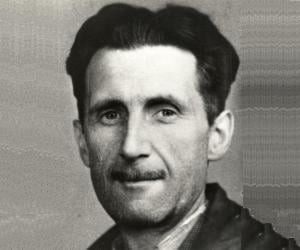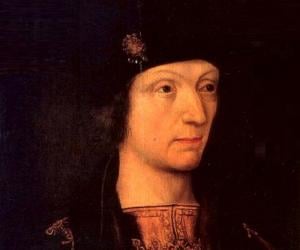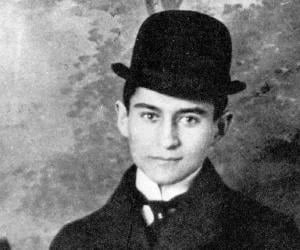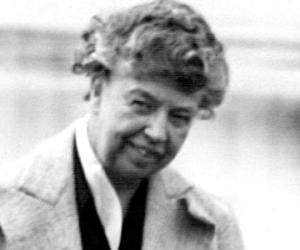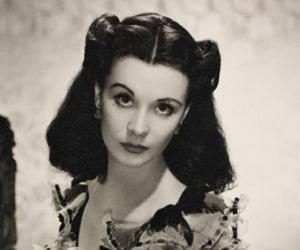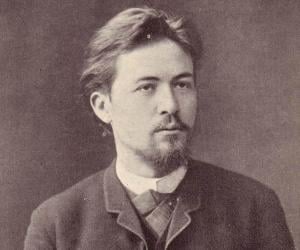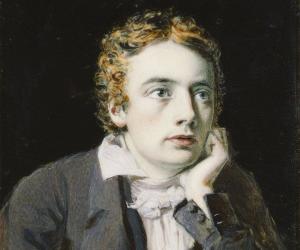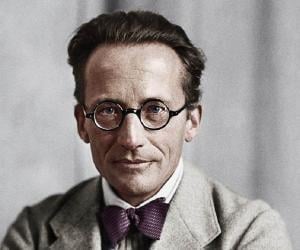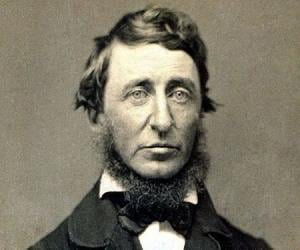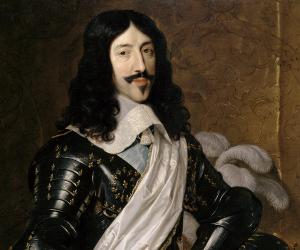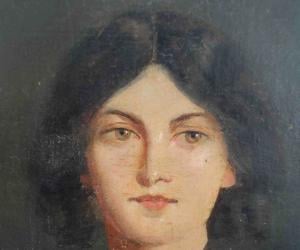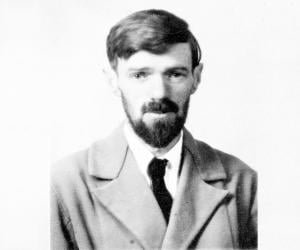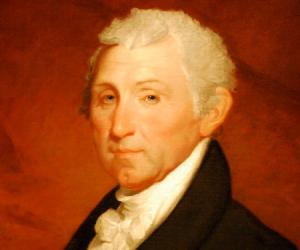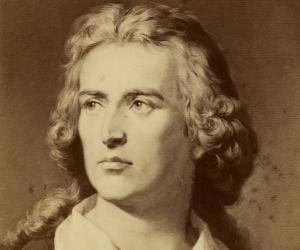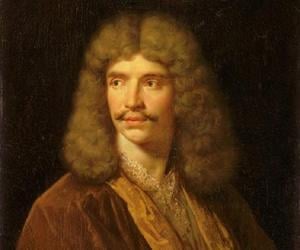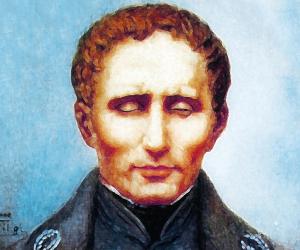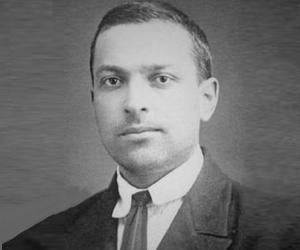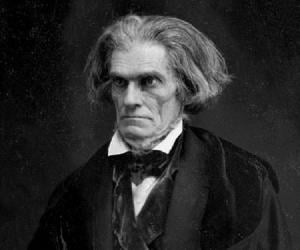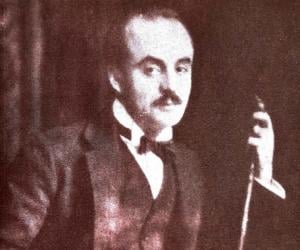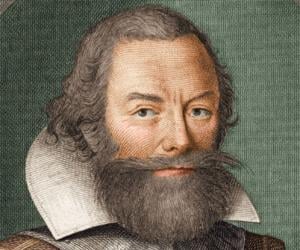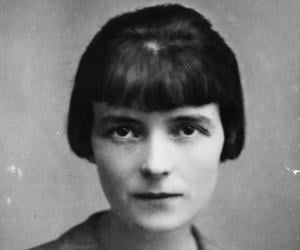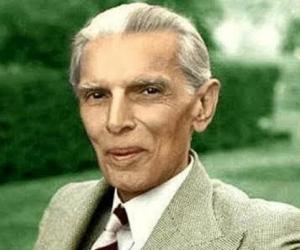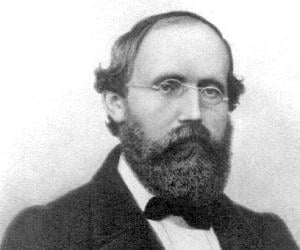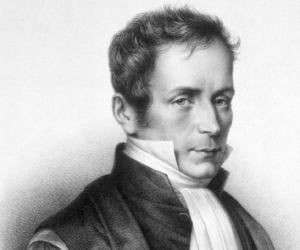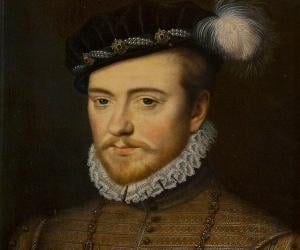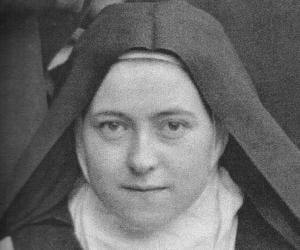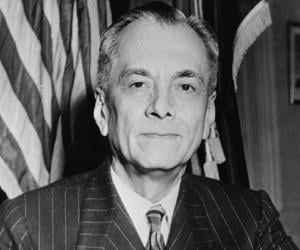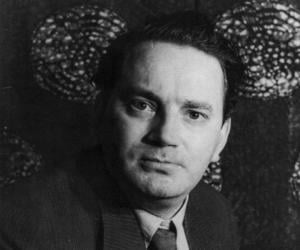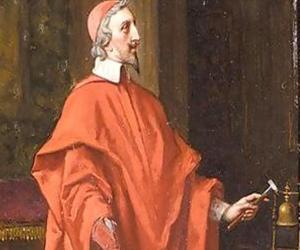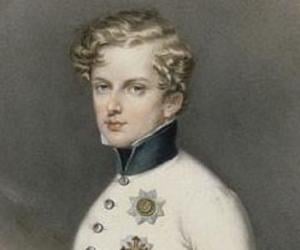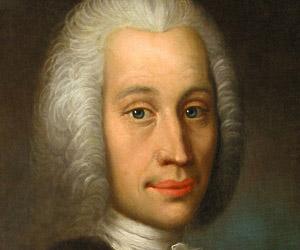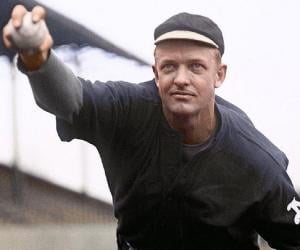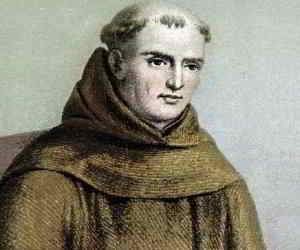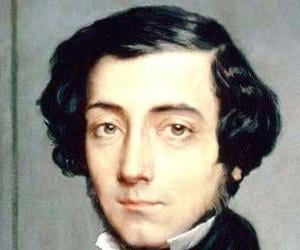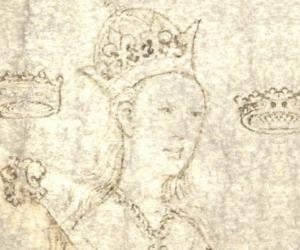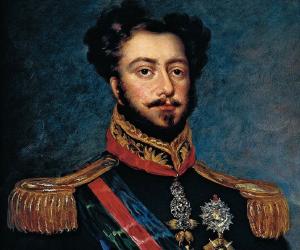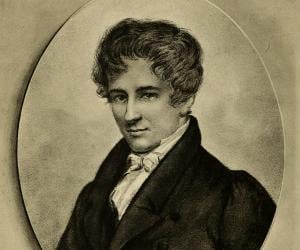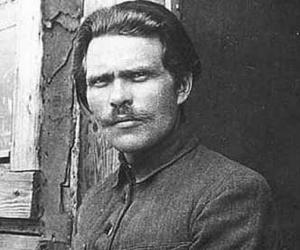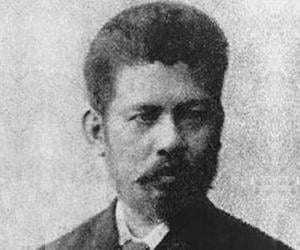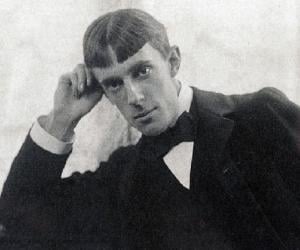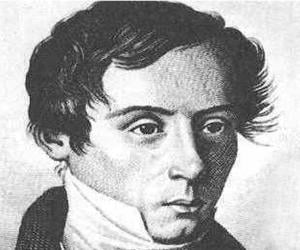The king of dystopia and satire, George Orwell, the pen name adopted by Eric Arthur Blair, was a well-known novelist and critic of the 20th century. A man with a strong mind of his own, Orwell never backed down from stating his views on the socio-political climate he lived in, which he expressed profusely through his influential essays and novels.
Henry VII of England played an important role in popularizing the House of Tudor by becoming the first monarch of the house; he ruled as the king of England from 1485 until his death in 1509. He is credited with several economic, diplomatic, and administrative initiatives.
Considered one of the major authors of the 20th century, Franz Kafka was a Bohemian short-story writer and novelist. Franz Kafka is credited for being one of the earliest German-speaking authors to explore themes like absurdity, existential anxiety, and alienation. The term Kafkaesque is now widely used in the English language to explain those situations experienced by his characters.
Feminist and civil rights icon Eleanor Roosevelt, wife of President Franklin D. Roosevelt, was the longest-serving U.S First Lady. She was a prominent human rights activist, wrote columns, and hosted a radio show. She was named to Gallup's List of Most Widely Admired People of the 20th Century in 1999.
British actress Vivien Leigh gained popularity with her award winning performance in films Gone with the Wind and A Street Car named Desire and her Musical Broadway Tovarich. The beautiful actress, who went on to feature in films like That Hamilton Woman and Ship of Fools, had a troubled personal life and suffered from physical and mental health issues.
Anton Chekhov was a Russian short-story writer and playwright. Widely regarded as one of the greatest writers of short fiction, Chekhov's works have influenced the progression of the modern short story. As a playwright, Anton Chekhov is credited with influencing the rise of modernism in theatre, along with August Strindberg and Henrik Ibsen.
Henry David Thoreau was an American philosopher, essayist, poet, and naturalist. He is credited with popularizing transcendentalism and simple living. His philosophy of civil disobedience, which was detailed in his essay of the same name, later influenced world-renowned personalities like Leo Tolstoy, Martin Luther King Jr., and Mahatma Gandhi.
Louis XIII of France reigned as the King of France between 1610 and 1643. He is best remembered for saving the kingdom from the mismanagement of his mother Marie de' Medici, who was exiled by a 16-year-old Louis XIII. He is also credited with popularizing wigs among men, which had not been fashionable since antiquity.
English writer, D. H. Lawrence, was known for exploring sensitive issues, such as sexuality, emotional health, and instinct. In his works, he often reflected upon the dehumanizing effects of modernity and industrialization. The sexual nature of his writings earned him many enemies. Even though he died at the relatively young age of 44, he left behind a rich literary legacy.
James Monroe, a Founding Father of the U.S., served as the American president from 1817 to 1825. He opposed European colonialism and issued the Monroe Doctrine. He had also been a U.S. secretary of state, the Virginia governor, a U.S. Senate member, and the American ambassador to Britain and France.
Friedrich Schiller was a German poet, physician, philosopher, playwright, and historian. Schiller is best remembered for his friendship with Johann Wolfgang von Goethe and the two discussed issues concerning aesthetics. Schiller's discussions with Goethe paved the way for a period, which came to be known as Weimar Classicism. Friedrich Schiller is also widely regarded as Germany's most prominent classical playwright.
Moliere was a French poet, playwright, and actor. Considered one of the greatest French-language writers of all time, Moliere's plays are often performed at the Comédie-Française and have been translated into several languages. Moliere had a huge impact on the French language and is widely regarded as the creator of modern French comedy.
Lev Vygotsky was a Soviet psychologist best remembered for his groundbreaking work on developmental psychology in children. He is also remembered for his work on the relationship between thought and language, which remains influential to this day. A man with various interests, Vygotsky's work covered topics like the philosophy of science and the psychology of art.
John C. Calhoun was an American political theorist and statesman. From 1825 to 1832, he served as the seventh vice president of the US. Before becoming the vice president, Calhoun served as secretary of war, a position which he used to modernize and reorganize the United States Department of War. He was played by Arliss Howard in the film Amistad.
Lebanese author and poet Khalil Gibran is best remembered for his bestselling works The Prophet and Broken Wings. One of the leaders of the Mahjar movement of Arabic literature, he specialized in incorporating mythological and mystical symbols in his works and was inspired by Friedrich Nietzsche and William Blake.
John Smith was an English explorer, soldier, colonial governor, author, and Admiral of New England. In the early-17th century, Smith played a major role in the establishment of the first indissoluble English settlement in America, which came to be known as the English colony at Jamestown. Apart from helping Jamestown survive various challenges, Smith's leadership also helped the colony flourish.
Katherine Mansfield was a New Zealand modernist writer best remembered for her short stories. Her life and career inspired several films, plays, novels, and TV series. In 1973, she became the subject of a BBC miniseries titled A Picture of Katherine Mansfield. In 2011, actress Kate Elliott played Mansfield in a TV biopic titled Bliss.
Bernhard Riemann was a German mathematician best remembered for his contributions to number theory, analysis, and differential geometry. His paper on the prime-counting function, which was published in 1859, is considered one of the most influential papers in the history of analytic number theory. Riemann is widely regarded as one of the greatest mathematicians ever.
Becoming the King of France at the age 10, Charles IX presided over a kingdom which was torn apart by the Wars of Religion between Protestants and Catholics. The infamous massacre of Huguenot leaders in Paris, instigated by his mother Catherine, left a traumatic effect on the mind of the ruler who succumbed to tuberculosis at the age of 23.
Filipino statesman Manuel L. Quezon, or MLQ, was the president of the Commonwealth of the Philippines from 1935 to 1944, thus becoming the first Filipino to lead a government of the whole of the Philippines. He formed a government-in-exile in the U.S. after the Japanese invasion during World War II.
Cardinal Richelieu was a French clergyman and statesman who was active in the early 17th century. He held powerful positions in both the Catholic Church and French government and served as the chief minister to Louis XIII of France in 1624. He helped the French maintain their dominance in the Thirty Years' War that engulfed Europe.
Napoleon II was the son of Emperor Napoleon I and Empress Marie Louise. He was the titular Emperor of the French for a few weeks in 1815. He was just a small child when he became the disputed emperor following his father’s abdication. He died as a young man before getting the chance to serve his nation.

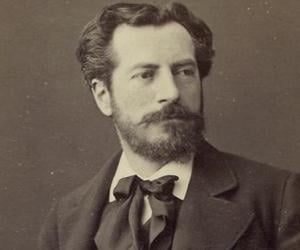
Frédéric Auguste Bartholdi was a French painter and sculptor remembered for designing the Statue of Liberty. He is also credited with designing other iconic statues like The Lion of Belfort and Marquis de Lafayette. In addition to being a sculptor, Bartholdi also played an important role in the Franco-Prussian War of 1870, serving as a liaison officer to Giuseppe Garibaldi.
Junípero Serra was a Roman Catholic priest who is credited with founding the Franciscan Missions of the Sierra Gorda. He is also credited with founding nine of the 21 Spanish missions in California. On 25 September 1988, Junípero Serra was beatified in the Vatican City by Pope John Paul II. On 23 September 2015, he was canonized by Pope Francis.
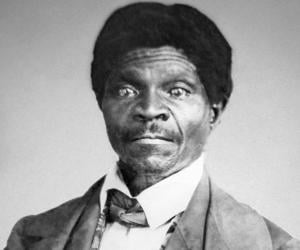
French diplomat and political scientist Alexis de Tocqueville is best remembered for his written works The Old Regime and the Revolution and Democracy in America. He was part of French politics, primarily during the July Monarchy and the Second Republic. He had been the minister of foreign affairs briefly.
Pedro I of Brazil was the founder of the Empire of Brazil and reigned as its emperor from 1822 to 1831. He also ruled over Portugal before abdicating the throne in favor of Dona Maria II. He is credited with spreading the liberal ideals that enabled Portugal and Brazil to move to representative forms of government from absolutist regimes.
Born to a pastor, Norwegian mathematician Niels Henrik Abel first showcased his mathematical skills in his cathedral school and later became a pioneer of various mathematical concepts. He died of tuberculosis, amid poverty, before he could learn that he had been appointed to teach at the University of Berlin.
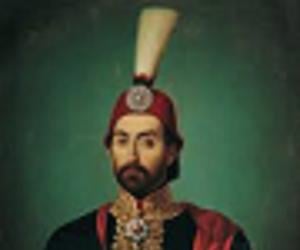
Abdülmecid I reigned as the Sultan of the Ottoman Empire from 2 July 1839 until his death on 25 June 1861. During his reign, Abdülmecid I tried to set up alliances with France and the United Kingdom. He also played an important role in the Crimean War against the Russians.
Marcelo H. del Pilar was a Filipino lawyer, writer, freemason, and journalist. Along with Graciano López Jaena and José Rizal, Del Pilar became known in Spain as the leaders of the Reform Movement. He is considered the Father of Philippine Journalism for his 66 editorials and 150 essays. He is also regarded as the Father of Philippine Masonry.
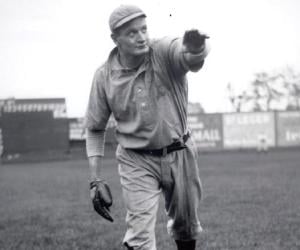
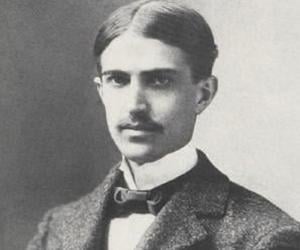
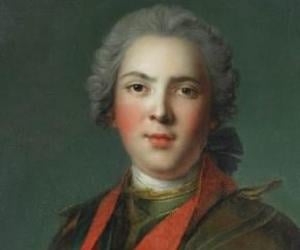
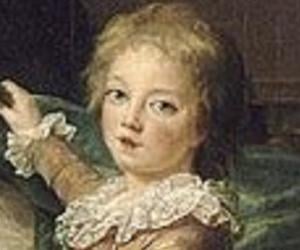
Aubrey Beardsley was an English illustrator and author, whose works emphasized the grotesque, the decadent, and the erotic. A leading figure in the aesthetic movement, he was deeply influenced by black ink drawings. He attended classes at the Westminster School of Art before beginning his career as an artist. He was considered an eccentric person.
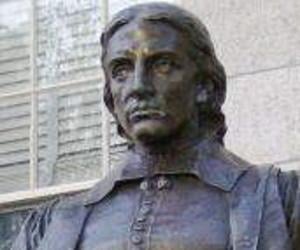
Augustin-Jean Fresne, best remembered for his pioneering research on the wave theory of light, was a sickly child and was mostly homeschooled in his early days. The French physicist was a civil engineer, too. Unfortunately, most of his scientific work failed to receive public attention during his lifetime.
